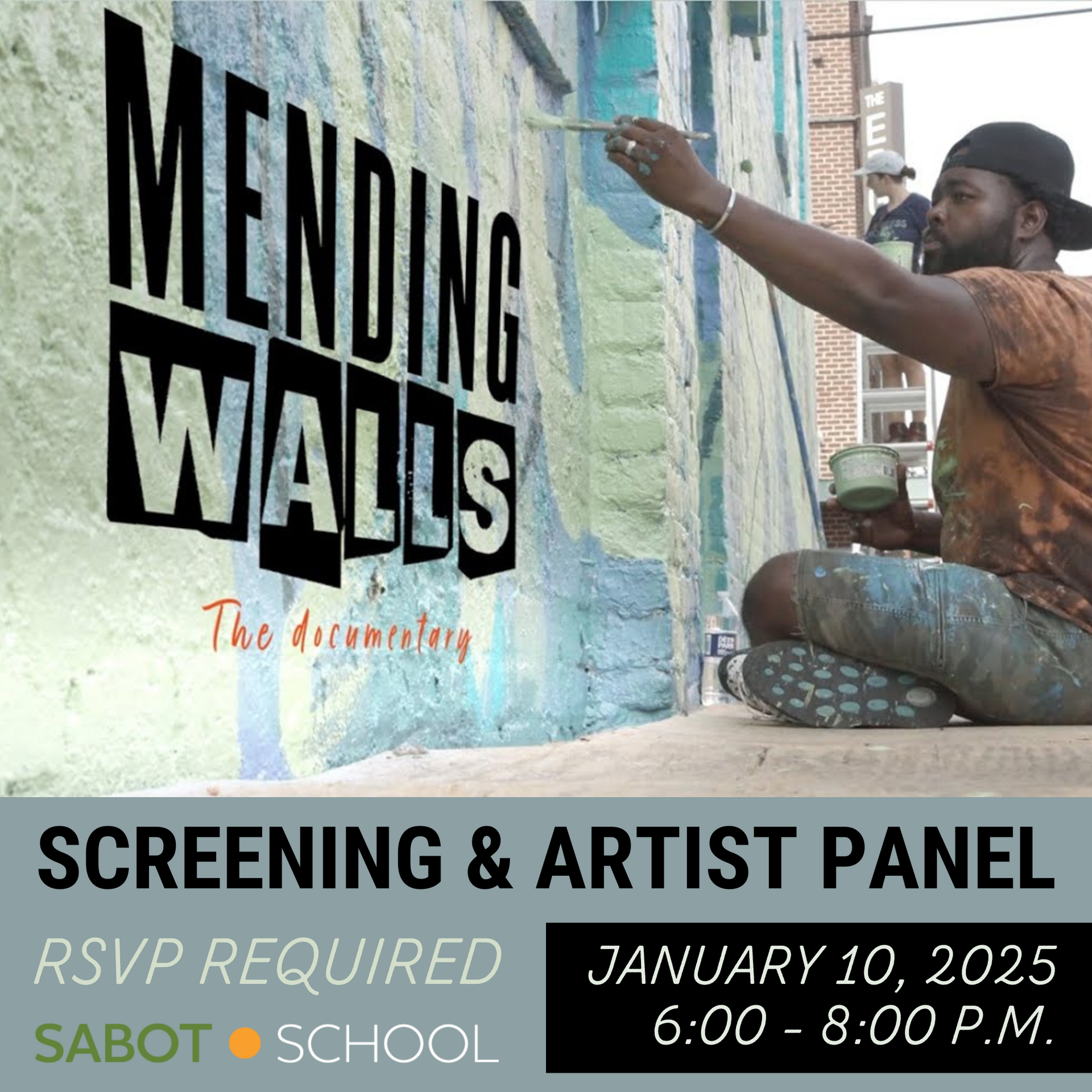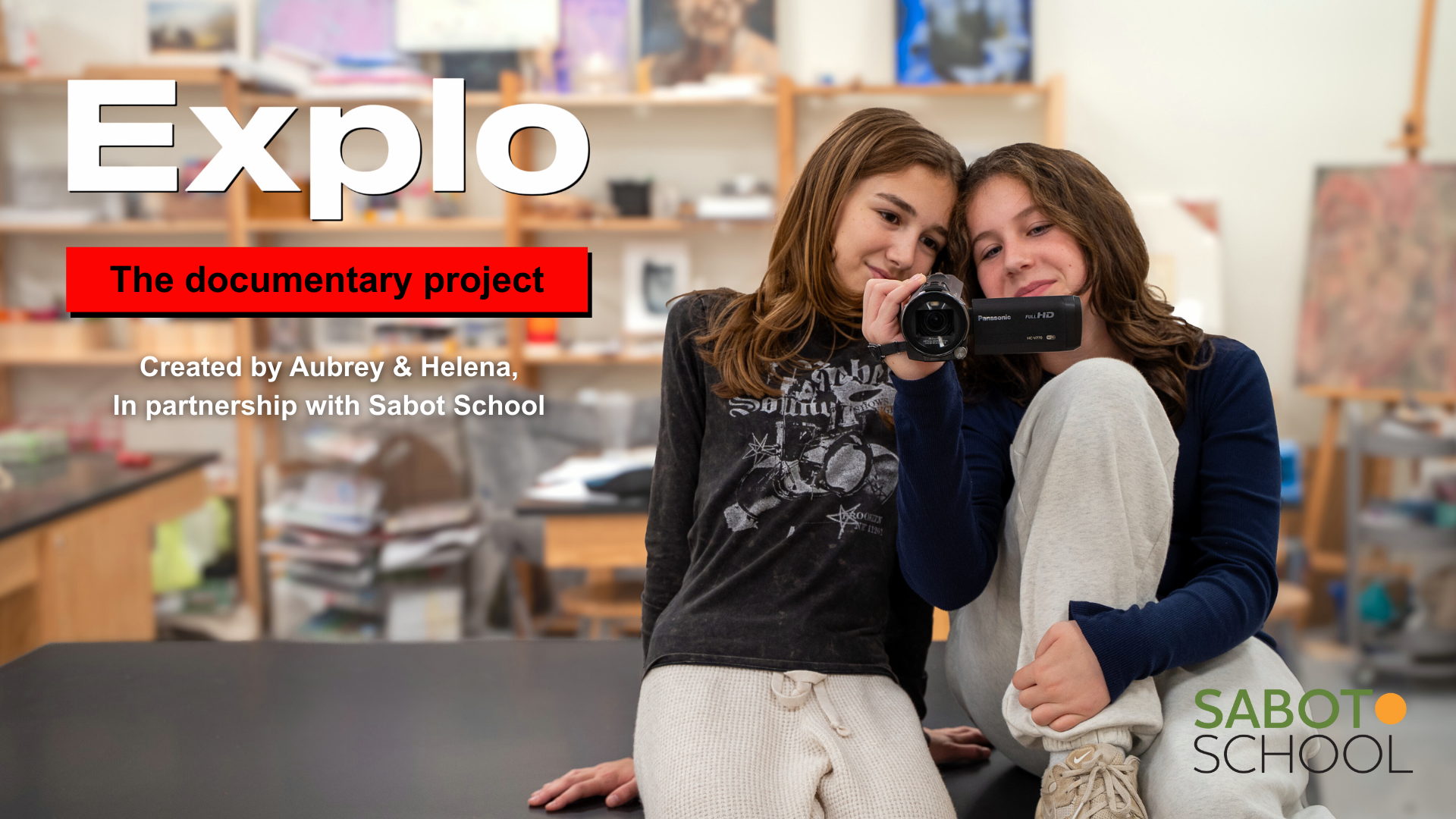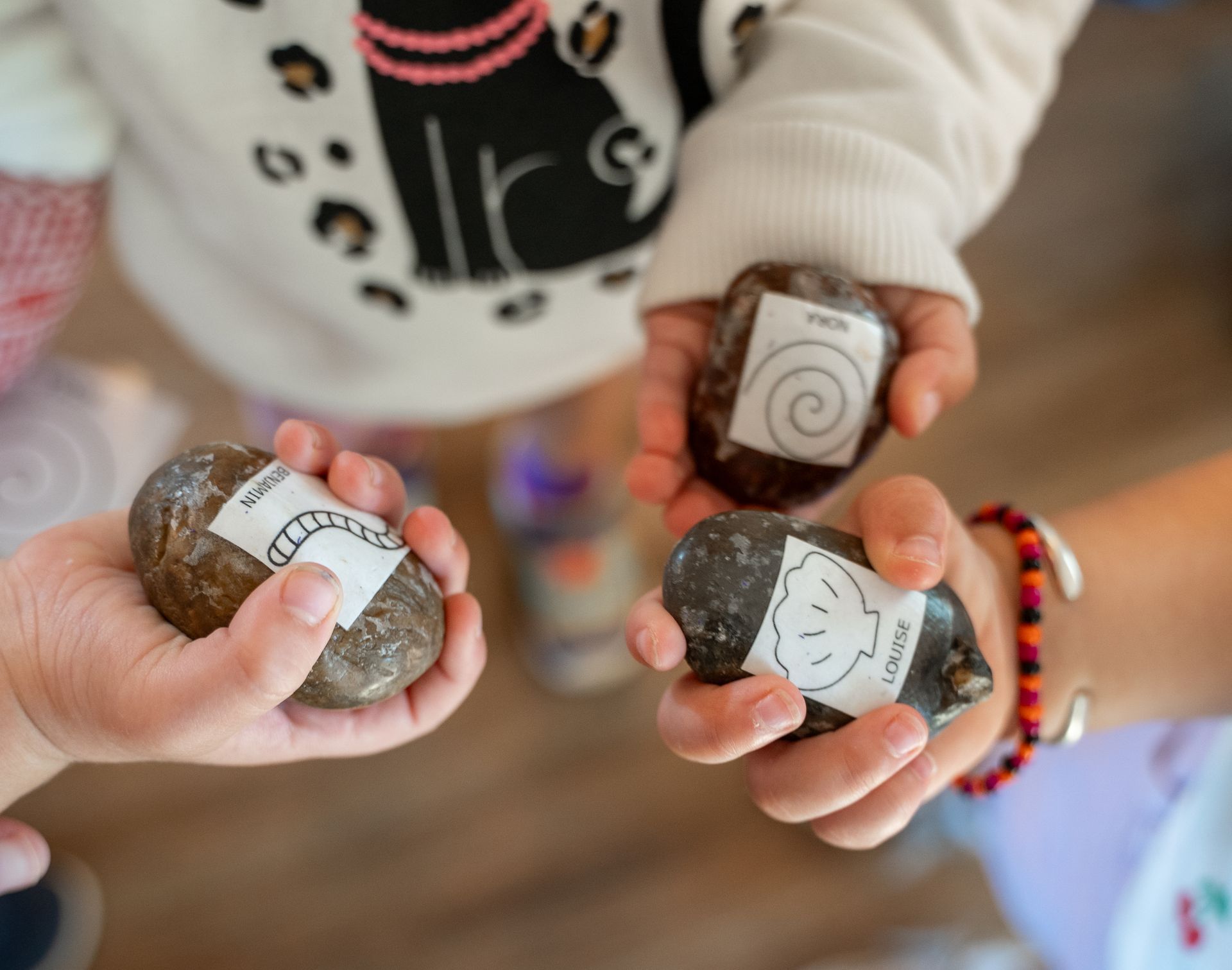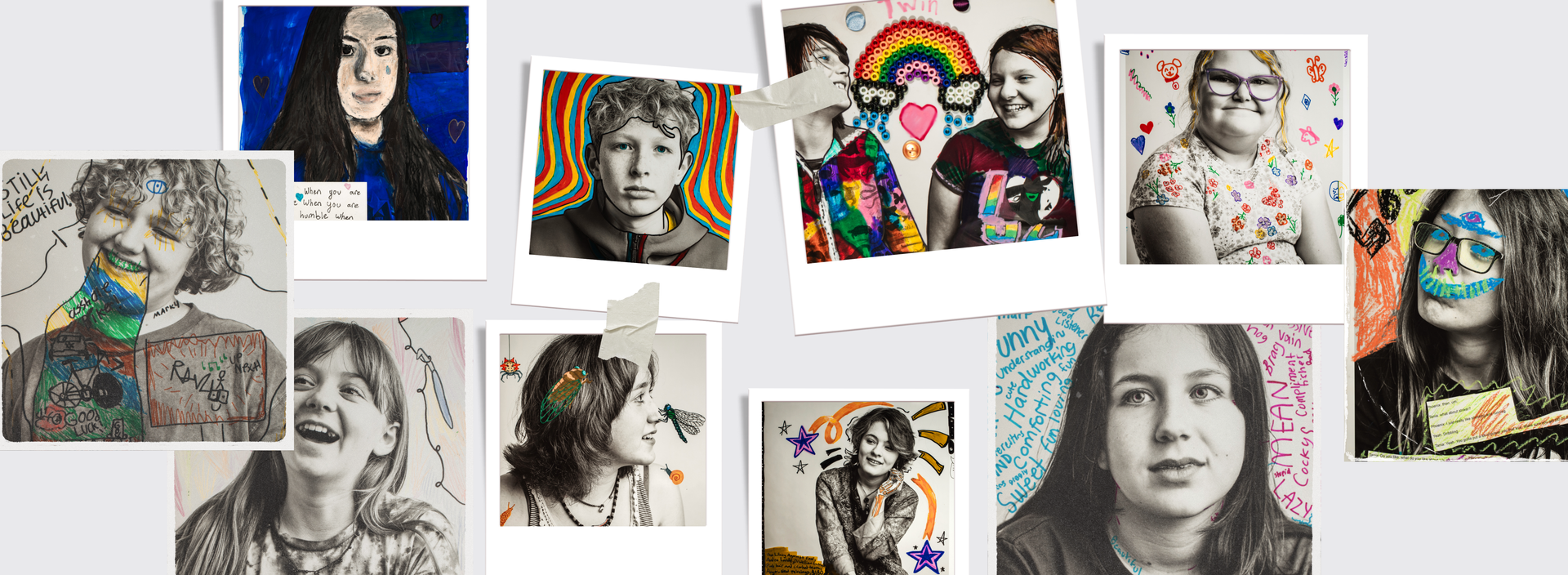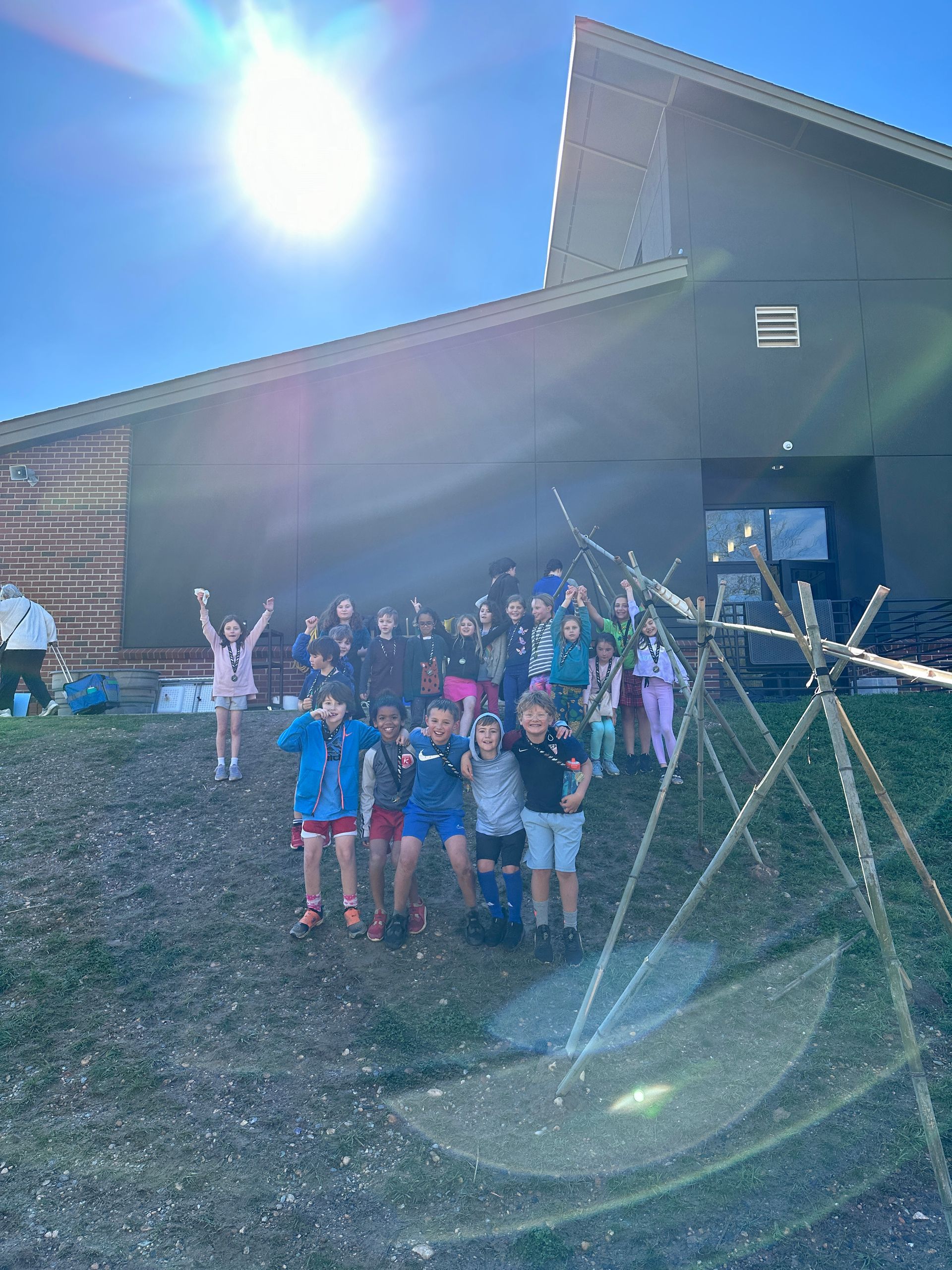Social Life in the Middle Years
So if you are not hearing anything about social drama, you will in about 15 minutes, I am sure. It is the time. I thought about calling this post friendship in the middle years, but friendship and social life diverge at this point. They overlap, but they are no longer the same thing.
Sometime between the middle of fourth grade, and about 8th grade, many people develop the ability to think things through before they speak if they are calm and unexcited. This new skill may well vanish again, but it often makes a short preview. Before this stage, people say what is in their head, or not. Most kids can’t spin it very much. Sometimes harsh words are said and repented for. Sometimes they are forgiven. But it’s a pretty spontaneous thing.
‘
Once you know that you have some choice over what you say, you begin to think that other people might too. And you may wonder what they meant by what they said. On the other hand, progress in the prefrontal cortex means you are beginning to be able to talk to yourself internally. Sometimes your internal monologue drowns out everything else you hear. Sometimes it speaks in other people’s voices. So you may also attribute your own thoughts to others.
Now that children are starting to have some choice over what they say, they are going to need to experiment with their conversations. They are all going to have times when they try to be really kind and helpful. This could work really well, or due to either lack of practice on their part, or internal monologue going on in the other party, the whole conversation could go horribly wrong. This could happen even if their motives are completely pure and above board. I am with all of your children each day, and they talk to me a lot. I get a lot of comments which are completely kindly intentioned, but might not sound that way. I know to just laugh and tell them how that comment might have been taken from adult to adult (politely, of course). They are almost always shocked; astonished that things went that far awry. But they take each other very seriously, and can be very hurt by something that you or I would just crack up about.
No one is perfect, and the reverse can be true. Sometimes they are trying to be hurtful in an obvious or subtle way. And if the other party catches on, it definitely leads to hurt feelings. We talk a lot at SSP about language which is kind and not kind, categories of comments that are likely to be well received and those that are likely to be risky. Everyone has to try being mean at least a little bit, just to see how it works. You do not have to be a bad person to say bad things. And I am pretty sure that the pain of being on the receiving end is what leads most of us to be kind.
I have heard a similar story from teachers at a Richmond public and Richmond private school. The anecdote begins with a PTA meeting (or parent night meeting, respectively) about bullying. Parents are asked if their child has been bullied at school. Every parent’s hand goes up. Parents are asked if their child has bullied at school. No hands go up. Every child is going to do something mean at some point. If it is your child this time, feel free to remind them firmly that respect and kindness are expected in your family. If it is the other child this time, remember how you would like it handled if the tables were turned.
Remember that there is almost always a back story. Whether by design or misunderstanding, the child on the other side may feel ill-used and feel that they are simply defending themselves, whether or not we would strictly agree with them.
Suffice it to say, I have ample knowledge that obnoxious middle schoolers can turn into really lovely adults. It’s a stage, not necessarily a character flaw.
So language and conversation have become much more complicated for the pre-teen. It’s much harder to figure out what people mean by what they say, even if you are pretty socially adept. But that’s not the half of it. Preteens know that they are operating in a group or series of groups at school. You can’t just think of your effect on an individual friend. You have to think about your actions relative to how they affect your group status. Not only could what you say and what you hear be meant and taken several ways, but multiply that by several people. It makes you tired just thinking about it. Some of the worst social tensions for this age group are being in internal conflict about sticking with a friend or finding a place in the group. Trying to find this path is one of the reasons that pre-teens may seem to turn on each other for no good reason.
Today I had duty at recess. I saw a group of children playing “being crazy.” They had fake crazy names and made preposterous statements and requests. They don’t always play together. But their delight in a game where their comments could not be misinterpreted by definition since they were clearly uninterpretable, was palpable. They had many of us in stitches. And granted the grouping, I suspect they were craving a vacation from their various friendship circles.
Small children’s friends are chosen by their parents. You make the arrangements, you do the hosting. By fifth grade, your children are ready to make their own friendship choices. They are in more activities, in more places. They are exploring different interests. They will make new friends, and may want to shed some of their past connections. This happens. You are completely within bounds to insist that everyone treat others with kindness and respect. But friendship is not up to you. Relationships change.
Preteens develop rapidly, and not all at the same time. Interests that your child had in common with a friend may diverge sharply. It is so easy to blame friendship issues on the child whose interests are moving in a more teenagerish direction, but it isn’t fair. Neither side is in charge of their developmental schedule, and right now they aren’t a good pair. It is perfectly fair to demand kind, respectful behavior from all parties. (You may have noticed that that is my mantra.) But it’s not fair for either side to insist on maintaining a friendship that both sides can’t be comfortable in. If a respectful and friendly distance is accepted, the pair may reform later. If parents intervene and try to force things, I can tell you from experience that it won’t end well, and the relationship may well be irreparable later. Managing this change can be hard if the families are friends as well, but dealing with the fallout from a disastrously ending relationship is worse.
So far, I have talked only about your child. But you have a role too. Plus, you have to listen to the drama for HOURS. Supportive listening is a great start. You are your child’s safe harbor, and it is great that they still want to tell you all about it. Often, if given sufficient talking time, your child can work out a plan for themselves, or at least calm themselves down. The next step is to act as their consultant. Help them problem solve a kind and respectful plan. Keep in mind that your child is dumping their feelings on you, their safe person. They are not trying to lie to you, (most of the time). On the other hand, if you had been there, you might feel that the actuality was less dire than the report. Statements such as “tell me more,”that must have felt awful,”Ugh,” and so on, acknowledge your preteens feelings without reinforcing their point of view. Feel free to let the teacher know that your child is feeling some distress. Other adults in your child’s life may also have useful perspective for you or for your child.
Finally, the awful boyfriend/girlfriend rule applies to other friends too. This week’s enemy is next week’s BFF, and you are the bad guy for badmouthing them. Your child may be blowing off steam to you, which is super helpful for them. You may not be hearing the whole story of the conflict. Other children who are experiencing a social rough patch may be dealing with challenges you are unaware of, which would make you inclined to be merciful. And when your child is awful, and they will be, would you want all of the other parents saying mean things about your child?
I am on the other side now, so I can tell you. All of your children will grow up to be lovely people. Dealing with some unpleasantness will really help them to do that. They will experience some pain, some undeserved and some well deserved. All of them will do at least one thing that makes you cringe before they leave your nest. Support them when they are upset, insist on respect for other people as part of your family culture, and help them make their best amends when they have been mean. And soon, you will be sitting at various graduations amazed by your wonderful, wonderful young adults.
The post Social Life in the Middle Years appeared first on Sabot at Stony Point.
SHARE THIS POST
